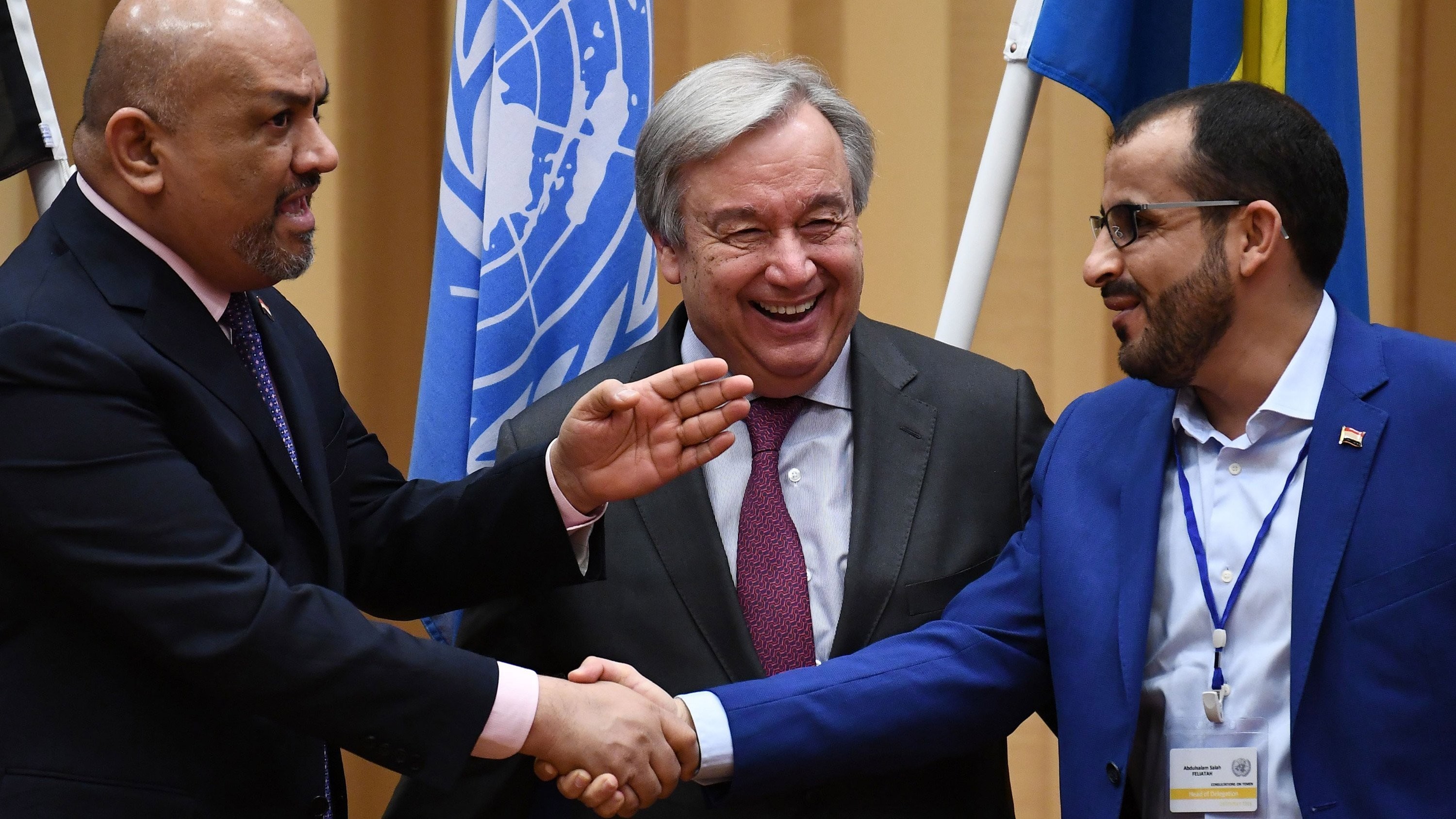The Saudi coalition announced a unilateral two-week ceasefire on Wednesday (April 8th), which entered into force on Thursday (April 9th), which was welcomed by Ansarullah and Yemeni groups, as well as the UN envoy to Yemen. But the attacks against the two main fronts involved in Jawf and Marib provinces, and in the scattered areas of Shar al-Khamisain, Hais, al-Darimi, Khab and al-Shaaf in al-Jawf province, and on the Sarwah front in Marib province, the ceasefire was repeatedly violated and Yemeni groups responded to enemy fire. The main reason for the concentration of conflicts on these two fronts is the geographical and field importance of these two provinces, which are on the one hand the eastern gateway to Saada and Sanaa, and on the other hand the economic importance of Marib province, which forms the economic heart of Yemen.
In fact, Saudi Arabia, which has not been able to achieve its specific goals in Yemen since the start of the war in March 2015, is seeking to pave the way for launching a surprise attack on Ansarullah, the army and people’s committees by proposing a ceasefire and violating it by advancing Mansour Hadi’s coalition on the ground and launching airstrikes. The Saudis intend to seize the opportunity to take over some vital areas, paving the way for a change in the equation in the political process and peace talks.
The Saudis are also trying to use the situation in Yemen as the wave of corona spreads around the world to change the situation on the ground and put pressure on Yemeni groups to comply with their demands. But on the one hand, because Saudi Arabia does not have the upper hand at the negotiating table, the coalition led by Riyadh is split and on the other hand, the opposite side has entered the offensive and initiative phase thus thwarting this Saudi scheme.
The misconception of field trends and the non-acceptance of realities on the ground have led Saudi Arabia to the current impasse; in other words, Saudi Arabia’s current confusion stems from changing the field equation, from imagining a heroic emergence at the beginning of the war to a scandalous exit from the war which is linked to Bin Salman’s political life.
However, Ansarullah has been in favour of negotiating and pursuing a peace plan since the beginning of the Yemeni war and has repeatedly welcomed the plan for a cross country ceasefire in Yemen, agreeing to peace talks, and holding high-level political talks in all three venues (Kuwait, Oman and Sweden) but Saudi Arabia has not only ignored the ceasefire and failed to take political negotiations seriously, it has ignored any prospects for peace, but has continued its airstrikes on Yemen bringing famine, starvation and disease.
Therefore, due to the war of attrition and the rift in the Saudi-led coalition and, most importantly, Ansarullah’s offensive power, which is now accepted not as a representative of the Shiites, but as a representative of Yemeni groups and a significant part of the Yemeni population it is imperative for Saudi Arabia to reconsider its priorities and strengthen its practical means to pave the way for a cessation of hostilities and holding political negotiations.
It is natural that the success of this process depends on the strengthening of the Yemeni-Yemeni negotiations as a fundamental and the only effective solution to the emergence of the peace plan. The preference for negotiations between the Yemeni groups and the transfer of responsibility to the parties involved gave this concession a chance to get Yemen out of the current dilemma and to provide the ground for receiving and spreading international aid, but at the same time, this solution has a special concession for Saudi Arabia: A face-saving exit from the Yemeni war.










0 Comments